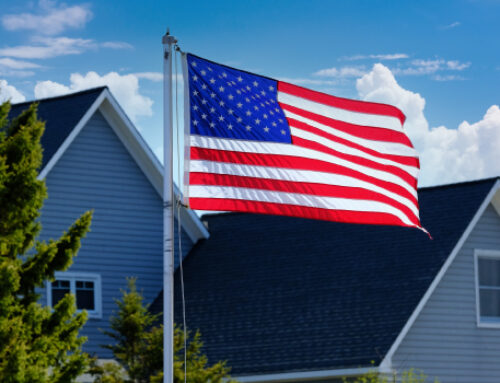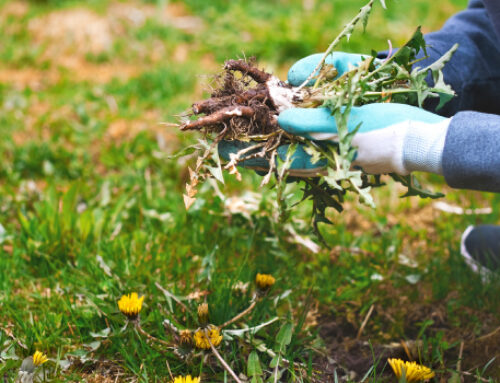On March 11, 2020, Arizona Governor Douglas Ducey declared a state of emergency due to COVID-19, a highly contagious virus that can cause severe respiratory illness and death, especially in elderly populations and those with other health conditions. Under this state of emergency, the governor issued a series of executive orders outlining various restrictions on business and personal activities within the state.
So, let’s go over some of the major highlights of what these orders permit, prohibit, or require.
Essential Services, Functions, and Businesses
Throughout the crisis, essential services, functions, and businesses have been exempt from any state or local government closure orders. This includes essential healthcare services, human services operations, essential infrastructure operations, essential government functions, and professional services (such as accounting, legal, and real estate).
It also includes essential businesses, such as grocery stores, gas stations, pharmacies, media, financial institutions, food banks, shelters, supply stores, shipping and delivery services, and critical trade services. In addition, solo and family-owned businesses that are not open to the public have also been allowed to operate during this time.
A full list of essential businesses and services can be found here.
Essential Activities
Under the governor’s Stay Home, Stay Healthy, Stay Connected order (issued on March 30, 2020), individuals in Arizona are required to practice social distancing, avoid gatherings of 10 or more people, and only leave home to perform essential work functions or engage in essential activities (such as grocery shopping, outdoor exercise, or caring for a family member). Free speech, religious worship, and voting activities are also exempted from the governor’s stay-at-home order.
Since that order first went into effect on March 31, 2020, some nonessential businesses have been allowed to gradually reopen, and restrictions on certain activities have been lifted.
So, What Else Is Open in Arizona?
The Great Outdoors!
As of April 30, 2020, Arizona State Parks and Trails recreational parks, trails, and campgrounds are open, subject to some restrictions. There may be temporary trail closures designed to limit the number of people on the trail at one time. Various amenities and attractions may also be closed, and most events have been canceled through at least May 15, 2020. Visitors should check the Arizona State Parks and Trails’ coronavirus page on their website for the latest information.
People can also enjoy some national parks in Arizona, but visitors should check with the National Park Service for the latest information on which parks, campgrounds, and monuments are open, partially open, or closed and what services will be available. For those stuck at home, the National Park Service offers virtual park tours on their website.
Shopping, Dining, Grooming, Working Out, and Swimming
Effective May 8, 2020, retail stores were allowed to fully reopen, subject to strict physical distancing and CDC guidelines. Hair salons and barber shops were also allowed to reopen to customers on May 8, 2020, with the implementation of public health protections and CDC guidelines, followed by the resumption of dine-in restaurant services on May 11, 2020.
As of May 13, 2020, gyms, spas, and public pools may also reopen with physical distancing, enhanced sanitization, and other public health protections in place.
The Arizona Department of Health Services (“ADHS”) has issued additional guidance for both businesses and customers to follow. This includes pool guidelines and gym and fitness provider guidelines.
Everything Else!
On May 15, 2020, Arizona’s current Stay Home, Stay Healthy, Stay Connected order will expire and be replaced by the governor’s new Stay Healthy, Return Smarter, Return Stronger order. This new order lifts the stay-at-home restrictions on individuals and allows businesses to continue a phased reopening in accordance with the Guidelines for Opening Up America Again. However, there are still restrictions that should be observed and requirements that must be followed.
Stay Healthy, Return Smarter, Return Stronger Order (Executive Order 2020-36)
Recommendations for Individuals
Under the new order, all individuals should maintain appropriate physical distancing when in public areas and avoid social settings where appropriate physical distancing is not practical, unless they take precautionary measures and follow CDC guidelines (such as wearing a mask and washing hands frequently).
Vulnerable individuals, such as the elderly and those with underlying health conditions, are advised to continue staying at home as much as possible. Additionally, members of the household should take necessary precautions to protect those vulnerable individuals from possible exposure to the virus.
Requirements for Businesses
Any business (whether for-profit or nonprofit), entity, institution, or profession that physically operates in Arizona and serves the public or is an employer must develop, establish, and implement policies to limit and mitigate the spread of COVID-19.
These policies shall be based on guidance from the CDC, the Department of Labor, the Occupational Safety and Health Administration, and the Arizona Department of Health Services, and must include the following:
- promoting healthy hygiene practices;
- intensifying cleaning, disinfection, and ventilation practices;
- monitoring for sickness;
- ensuring physical distancing;
- providing necessary protective equipment;
- allowing for and encouraging teleworking where feasible;
- where possible, providing plans for a phased return to work; and
- limiting the congregation of groups of no more than 10 people when feasible and in relation to the size of the location.
As a nonprofit business that serves a community of people and employs volunteers, contractors, and sometimes staff, an Arizona planned community should adhere to these requirements and implement appropriate policies, as outlined in the order, to the stop the spread of COVID-19.







